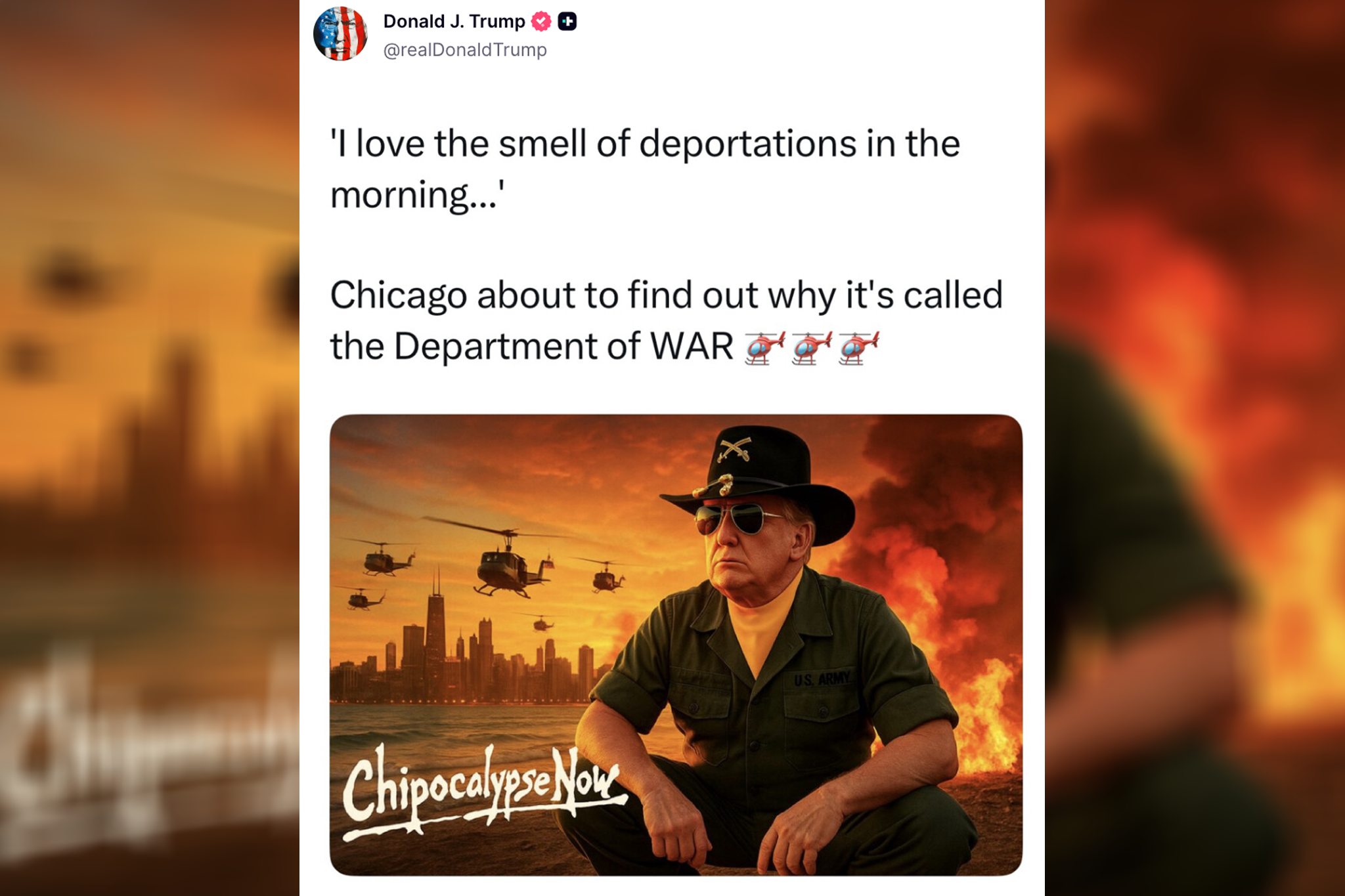Donald Trump says that his next federal crackdown on crime will be in Memphis, Tennessee, but said he would have "preferred" to send National Guard troops to Chicago after previously saying he wanted to "clean up" the Windy City.
During a Friday interview with Fox and Friends, the president claimed that the boss of a major railway line had needed to travel in an "armored vehicle with bulletproof glass" when traveling just one block while visiting Memphis.
Trump's crackdown on Democratic-led municipalities, including Los Angeles and Washington D.C., has sparked protests in recent months, including a demonstration by several thousand people in the U.S. Capitol last weekend.
"Maybe I'll be the first to say it right now again – we're going to Memphis," Trump said Friday. Memphis is deeply troubled. The mayor is happy. He's a Democrat. And the governor of Tennessee is happy. We're gonna fix that just like we did Washington. I would've preferred going to Chicago."
The Independent has reached out to the offices of the Mayor of Memphis to confirm if he is “happy” with the proposed move by the president.
In a statement shared with The Independent, Tennessee Governor Bill Lee said that he had been in close and constant communication with the Trump administration “for months” and was “grateful for the President’s unwavering support and commitment to providing every resource necessary to serve Memphians.”
Lee’s statement added that he was working to develop a “multi-phased, strategic plan to combat crime in Memphis, leveraging the full extent of both federal and state resources,” which would include the involvement of the state National Guard, FBI, Tennessee Highway Patrol and Memphis Police Department.
“As one of America’s world-class cities, Memphis remains on a path to greatness, and we are not going to let anything hold them back,” the statement said.
Speaking to Fox and Friends, the president recalled a conversation with “the head of a big big railroad,” who had allegedly told him that there was trouble in Memphis. “I asked him ‘So what do you think? where should we go next as a city?’ because we’re gonna do one, two, three, then maybe we’ll do a few at a time but we’re gonna straighten out the crime in these cities,” he said.
“He said ‘Sir, Memphis would be good… when I walk one block from my hotel they won’t allow me to do it. They put me in an armored vehicle with bulletproof glass to take me one block, it’s so terrible.
“So we’re going to Memphis, I’m just announcing that now and we’ll straighten it out [with] the National Guard and anyone else… and by the way we’re bringing the military if we need it.”

The president’s announcement comes less than a week after Trump back-pedaled on a bizarre Truth Social post, in which he seemed to suggest that his administration was going to war with Chicago. “‘I love the smell of deportations in the morning…’ Chicago is about to find out why it’s called the Department of WAR,” the post read.
Trump later downplayed the language he had used, telling reporters: “We’re not going to war. We’re going to clean up our cities.”
Despite the president’s clarification that he was not “declaring war” on Chicago, White House border czar Tom Homan later doubled down the initial claims, telling CNN that a crackdown in Chicago would soon be underway.
“You can expect action in most sanctuary cities across the country. President Trump prioritized sanctuary cities because sanctuary cities knowingly release illegal alien public safety threats to the streets every day. That’s where the problem is.”
Trump previously put police in Washington, D.C., under federal control, despite Justice Department data showing violent crime in 2024 hit a 30-year low in the nation’s capital.
In June, protests erupted in downtown LA when the Trump administration sent ICE into communities with higher populations of Hispanic or Latino residents. While the protests were mostly peaceful, the minor disruption they caused the city led the president to deploy the National Guard and Marines to protect ICE officials – bypassing both city and state authorities.







